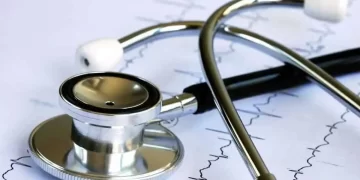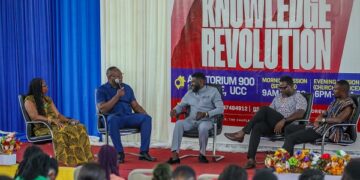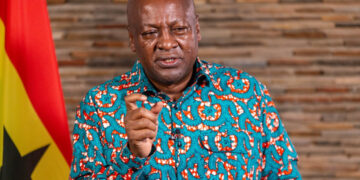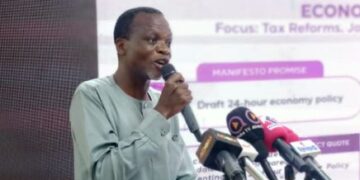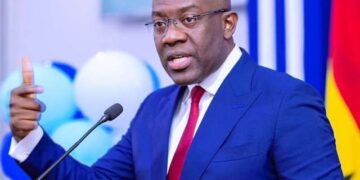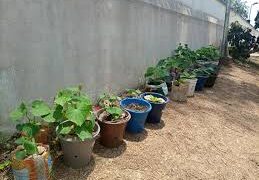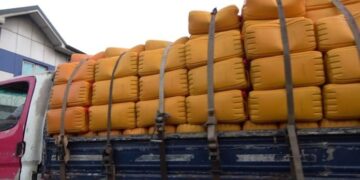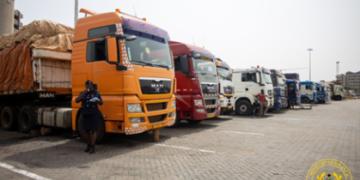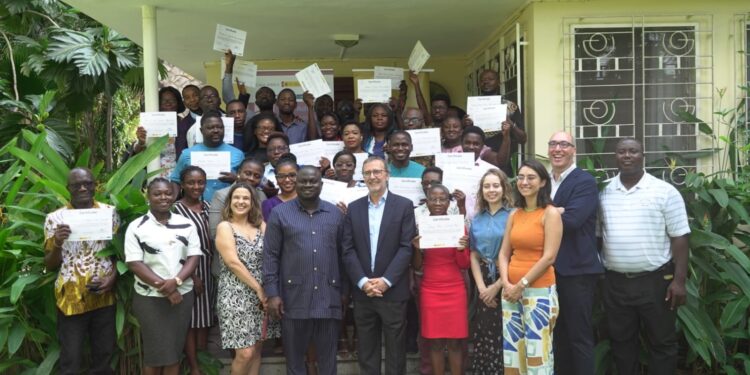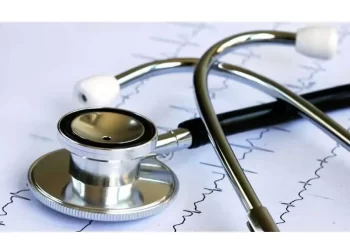Journalists have been trained at a two-day workshop in an advanced course on disinformation and fact-checking to aid in their factual reportage as Ghana heads to the polls in December.
The training was to enhance the skills of fact-checkers and provide practical guidance to journalists on verification and debunking disinformation.
Organized by Casa Africa, the Spanish Embassy and the Ghana Journalists Association, participants in the workshop were drawn from all regions across the country.
Opening the training in Accra, Spain’s Ambassador to Ghana, His Excellency Ángel Lossada-Torres Quevedo, reiterated the essence of factual reporting in information dissemination especially when Ghana was preparing to head to the polls.
He said it was crucial to maintain the freedom of the press since it is a fundamental principle that supports the right of journalists and media organizations to report news and express opinions without censorship.
He noted that a vibrant press is vital for a healthy democracy since it facilitates public discourse, encourages civic engagement, and allows for the exchange of diverse viewpoints, which are essential for democratic governance. Further, he said it allows for the expression of dissenting opinions and serves as a check on governmental authority and protects individual liberties.

His Excellency Ángel Lossada-Torres Quevedo indicated that the Spanish Embassy was pleased to be a part of the workshop as it will build on the knowledge of participants to help them duly discharge their duties as they cover the elections.
On his part, the President of the GJA, Mr. Albert Dwumfour, said whilst executives of the association are sensitive towards the welfare of its members, it was also necessary for journalists to stick to the tenets of the profession.
He noted that the training had come in timely to sharpen journalists for the task ahead. He said journalists have a constitutionally mandated duty to play in shaping the narrative of the 2024 election.
According to Mr. Dwumfour, the spread of false information was unfortunately gaining popularity not only on social media platforms but also the traditional media.
“It must be emphasized that disinformation can be used to deceive and manipulate voters, thereby eroding confidence in our elections. We’ve seen it happen in various countries, where state-sponsored disinformation campaigns have targeted independent news outlets and journalists. It is in light of this, that fact-checking is now an essential tool in journalism,” he said.
He further charged journalists, to stay responsible in the discharge of their role as gatekeepers of information.

Participants in the workshop were taken through topics such as Political Fact-Checking and Emerging Narratives; Disinformation Tactics: Understanding the ‘Bad Guys’ and their Methods; Disinformation in Ghana; General Overview and Electoral Disinformation: Navigating Political Campaigns. The others were Debunking Disinformation; Practical Cases and Experience in Ghana and AI and Disinformation among others.
Facilitators for the workshop included Maria G. Dionis, a science journalist and fact-checker; Laura Del Rio, a journalist and knowledge management coordinator; Kwaku Krobea Asante, a media and communications professional and Anthony Kafui Kanyi, a communications expert and fact-checker.
Read also: Supreme Court Adjourns Anti-LGBT Bill Cases Until December 18th
Source: G. Akosua Akyeabea Sackey/DIS-UCC/ATLFMNEWS

